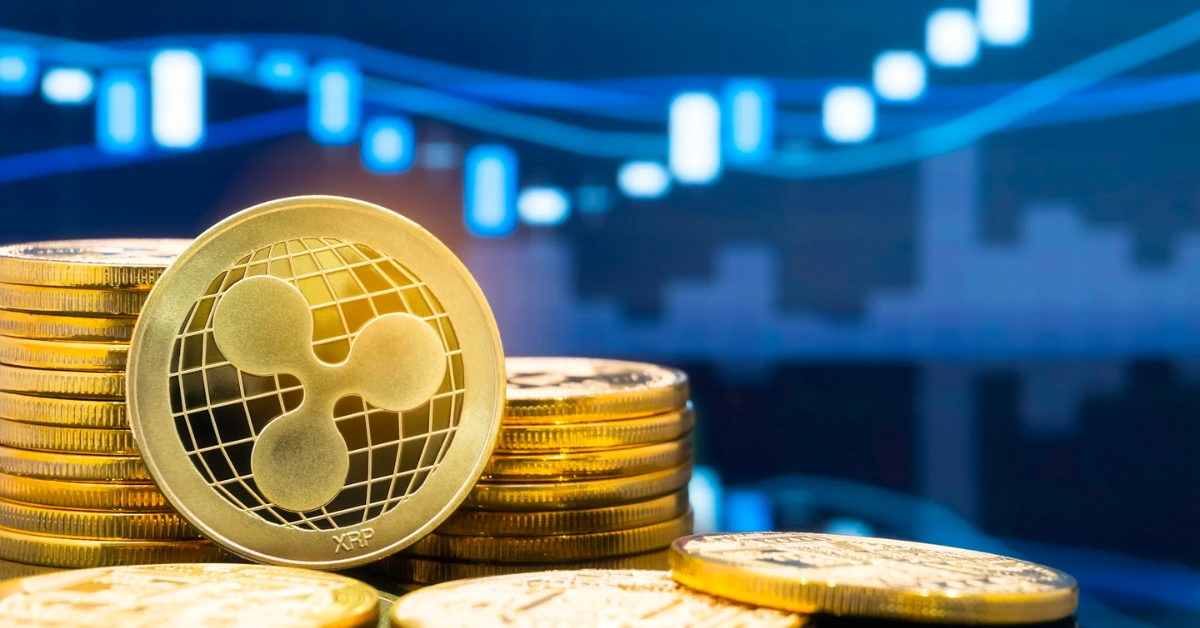The Ripple vs. SEC legal showdown is getting more interesting, as pro-XRP lawyer Bill Morgan steps into the ring as a key defender, aiming to demystify the intricacies surrounding Ripple’s On-Demand Liquidity (ODL) transactions. Meanwhile, he has engaged in debate arguing that ODL) transactions are not the same as investment contracts.
Bill Morgan About ODL Transactions
In a recent discussion on the X platform, Bill Morgan, a vocal proponent of XRP, emphasized that Ripple’s ODL transactions should not be considered investment contracts. He clarified that ODL customers are not investors but individuals seeking cost-effective money transfers through the acquisition of XRP.
Morgan highlighted the crucial difference between investment motives and transactional utility, aligning this perspective with Ripple’s stance. Notably, he contested Judge Torres’ ruling on institutional sales, asserting its inapplicability to ODL transactions.
Morgan further simplifies the narrative, highlighting the difference between buying XRP for practical reasons, like sending money and investing. Meanwhile, he disagrees with a recent ruling on institutional sales, asserting its inapplicability to ODL transactions.
Legal Focus ODL Sales
With the legal spotlight now zooming on Ripple’s ODL sales, the SEC’s motion to compel Ripple to disclose financial details and post-complaint contracts takes center stage. The U.S. District Court for the Southern District of New York’s court gave the green light for this investigation, showing a closer look at Ripple’s money matters.
Magistrate Court Judge Sarah Netburn is asking Ripple to share financial records from 2022 to 2023. The court also agreed to the SEC’s request for details about contracts after the complaint and info about the money made from these sales.
What’s Next for Ripple’s Defense?
As Ripple gears up for the next legal phase, Bill Morgan’s insights give us a peek into Ripple’s strategy to defend itself. This legal drama not only affects Ripple but could change how all digital assets are treated in the future.
The outcome could set important rules for how digital assets are seen and regulated, not just in the U.S. but around the world.

